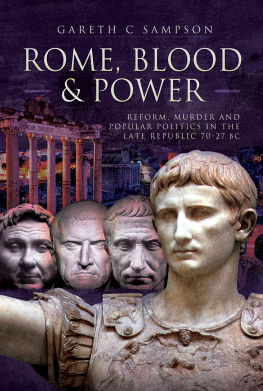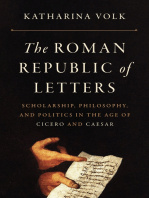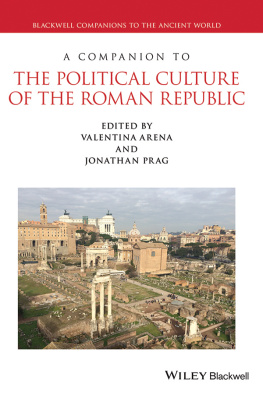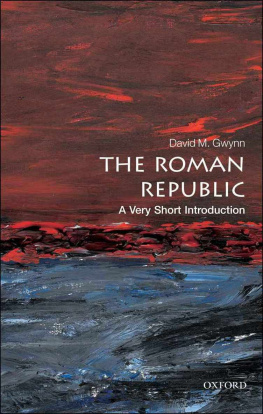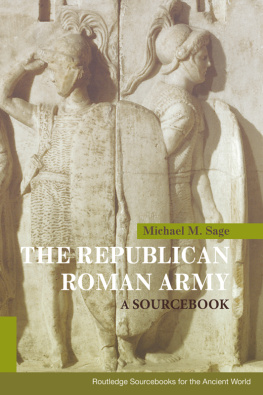Oxford University Press is a department of the University of Oxford. It furthers the Universitys objective of excellence in research, scholarship, and education by publishing worldwide. Oxford is a registered trade mark of Oxford University Press in the UK and in certain other countries
All rights reserved. No part of this publication may be reproduced, stored in a retrieval system, or transmitted, in any form or by any means, without the prior permission in writing of Oxford University Press, or as expressly permitted by law, by licence or under terms agreed with the appropriate reprographics rights organization. Enquiries concerning reproduction outside the scope of the above should be sent to the Rights Department, Oxford University Press, at the address above
You must not circulate this work in any other form and you must impose this same condition on any acquirer
Links to third party websites are provided by Oxford in good faith and for information only. Oxford disclaims any responsibility for the materials contained in any third party website referenced in this work.
Acknowledgements
Whereas I began work on this book in a normal and hectic academic world filled of travel and conferences, I ended it under a strict lockdown at home. At a time when millions of people are secluded and isolated at home, we are reminded of the importance and joy of face-to-face interaction, something that cannot be replaced by our increasingly sophisticated modern means of communication. These are unusual, yet somehow fitting, circumstances to complete a book that examines how Roman senators and their entourage preferred to meet in person to engage in conversation. Now more than ever, we can see that they were right.
This book was conceived, researched, and partially written thanks to a Humboldt Research Fellowship, which allowed me to spend many months in Germany and have the luxury of dedicating long periods of time exclusively to research. I was a guest at the Lehrstuhl fr alte Geschichte at the Technische Universitt Dresden, and I immensely enjoyed the city, countryside, library and my new colleagues, who went the extra mile to make me feel at home; vielen Dank.
This research was also financed by the project El sector inmobiliario en el mundo romano (HAR2016-76882-P, Agencia Estatal de Investigacin, Ministerio de Ciencia e Innovacin, Gobierno de Espaa).
I am very grateful to the university libraries and librarians at Dresden, Oxford, and Paris. At the library of the Universidad Pablo de Olavide, David Fernndez Lora has managed to track down rare items and almost inaccessible books and journals for me; muchsimas gracias, a l y a todo el equipo de la biblioteca. I also thank Ben Jerue for making my English more readable.
Parts of this book were presented at seminars and conferences in Turin, Durham, Buenos Aires, Bielefeld, Dresden, Grenoble, Paris, and in the Libera Res Publica Network meetings of Seville and Palma. I would like to thank the audiences for engaging with the topic and for their questions and suggestions.
Whether at a conference, during a quick coffee break, or over a long and leisurely meal and drink(s), many colleagues and friends have offered suggestions and comments throughout the research and writing of this book: Henriette van der Blom, Clment Bur, Juan Manuel Corts Copete, Cyril Courrier, Jean-Michel David, Antonio Dupl Ansuategui, Mara Garca Magn, Marta Garca Morcillo, Enrique Garca Riaza, Karl-Joachim Hlkeskamp, Frdric Hurlet, Fabian Knopf, Christoph Lundgreen, Gesine Manuwald, Pascal Montlahuc, Rosario Moreno Soldevila, Elena Muiz Grijalvo, Mike Peachin, Francesca Rohr Vio, Amy Russell, Catherine Steel, Kathryn Tempest, and Uwe Walter. Thank you very much! Martin Jehne was essential for the structure and perspective of this book; his comments and advice on early drafts always made me reflect deeper on the subject. I would like to extend a special thanks to my colleague and friend Francisco Pina Polo, who has followed this book from its birth to completion, reading the whole manuscript (and several partial drafts); as always, I have learned much from his incisive comments, insightful questions, and intellectual generosity. Although some of the above-mentioned people have not always agreed with all the arguments made over the following pages, engaging with them in conversation and debate has been (and still is) a real pleasure.
I was extremely fortunate to be in strict lockdown in the company of my two favourite people in the world. Igor, the best partner I could ever hope for, has made everything possible. While currently Nora can just say a limited (but growing) number of words, her eyes and smile do speak volumes. This book is for her.
Contents
One wonders whether in 1880 Cesare Maccari could have imagined how his fresco Cicerone denuncia Catilina would become one of the most famous representations of the Roman Republic, appearing on the cover of countless academic books and influencing depictions of the Roman Senate in films and popular culture. No doubt, the painter painstakingly laboured over the frescos protagonist: his Cicero exudes power and eloquence, standing off to the left with arms outstretched and hair the same colour as his toga. We can almost hear the legendary words quo usque tandem on his lips. On the opposite side of the fresco, Maccari also masterfully rendered Ciceros opponent, Catiline, swarthy and dark-haired, hunched over and brooding with his strong arms bent. Is he deciding on the next step to take? Does he regret his actions? He is conspicuously surrounded by only empty seats; all senators have abandoned him and are squeezed together on the other side of the room.
But lets forget about Cicero and Catiline, who have always attracted the greatest amount of attention. Instead, lets focus on the senators. Maccari depicted many of them listening to Cicero with rapt attention; four senators look intensely at Catiline, perhaps trying to guess the effect of the consuls words on him; other senators look as if they are enjoying the fight, while others give the impression that they have better things to do. There are also two clusters of senators that display a very specific dynamic: in the middle of the picture, two senators seated in the front row turn their backs to speak with two of their peers, one of whom leans forward to hear better. Just behind Ciceros arm, another senator, with a hand over his mouth, whispers an aside to his neighbour, who flashes a knowing half-smile, while a third senator leans forward so that he does not miss a word. Are they talking about the actions of the consul or his rhetorical prowess? Are they speculating about what Catilinas political future would look like after the meeting? Are they commenting on the rumours of the possible involvement of many other senators in this alleged coup? Are they discussing their own possible courses of action?


